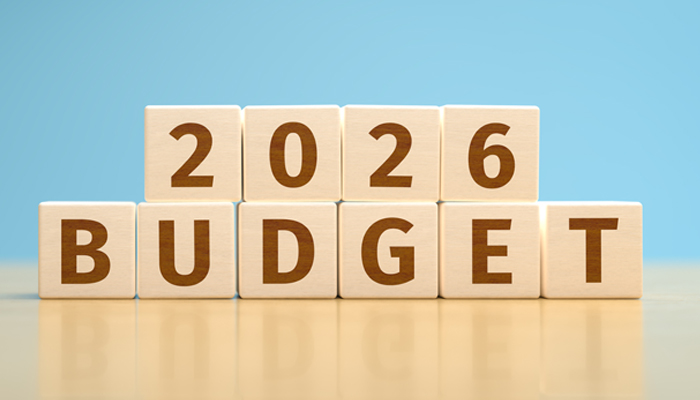
The People You Should Talk to Before You Retire
Imagine that you get to go on a long-anticipated trip to Hawaii. But instead of going through the hassle of deciding in advance, on the first day of your vacation, you just hop into your car and drive to the nearest airport.
While you're enjoying the freedom of spontaneity, you're also leaving a lot of things up to chance. Can you get a ticket on a flight to Hawaii that day? Where will you stay when you get there? What are you going to wear? In the meantime, your houseplants are dying, and your mail is piling up.
You'd never take a vacation without planning out the details, both for your stay there and for life when you get back home. Yet, in the same way, many people launch into retirement with the attitude that their optimism will make up for a lack of planning. They get caught up in the exciting and figure that the details will take care of themselves.
But when you embark on any significant phase of life with no plan, unforeseen problems crop up and things get expensive. To avoid the common pitfalls in retirement, you don't need to seek out an all-knowing guru to show you the way. You just need to have basic conversations with people who can help you prepare—people who are already part of your life.
Bruce Horovitz, writing in the Wall Street Journal, identifies the groups of people you should speak to before you retire, and the basic information you need to get from them.1
- Family Members. Your spouse, children, and closest siblings. You need to know if your spouse wants you to retire and why. Will your children be living near you? Do your siblings see any challenges you might face?
- Colleagues. Your HR chief and a trusted colleague. Is your retirement account ready to go? Careerwise, is now a good time to retire?
- Professionals. Your doctor, accountant, and financial advisor. Ask each of them about other patients/clients who've thrived in retirement. Make sure your health and finances are both ready for this next phase.
- Yourself. Horovitz recommends asking yourself a question: What am I retiring to? Or to put it another way, what will I be waking up to every Monday morning?
A good rule in life is that before you embark on a major new project, talk to the people who can help you prepare for what's coming. You're more likely to avoid expensive pitfalls, be more successful, and enjoy greater peace of mind.
We are happy to talk about what you can do now to give yourself the best chance for financial success, and what other clients have done to achieve a satisfying retirement.
1. http://go.pardot.com/e/91522/-who-questions-to-ask-e57fc9f2/96d6gb/2675168718/h/WJkumrrAfrwZZps5UxPACq3rWBY7FAoAJ13o_v7sEYU

Related articles

Saving money isn’t just about cutting back—it’s about thinking differently. In 2026, rising costs and evolving financial tools mean traditional advice like “cut back on Starbucks” isn’t enough....

Estate planning in 2026 is more critical than ever as rising exemption limits, evolving tax rules, and shifting family dynamics reshape wealth transfer strategies. With the federal estate and gift...

As we step into 2026, creating a solid budget is more important than ever. Economic trends, evolving consumer behaviors, and technological advancements are reshaping how we manage money. Whether...